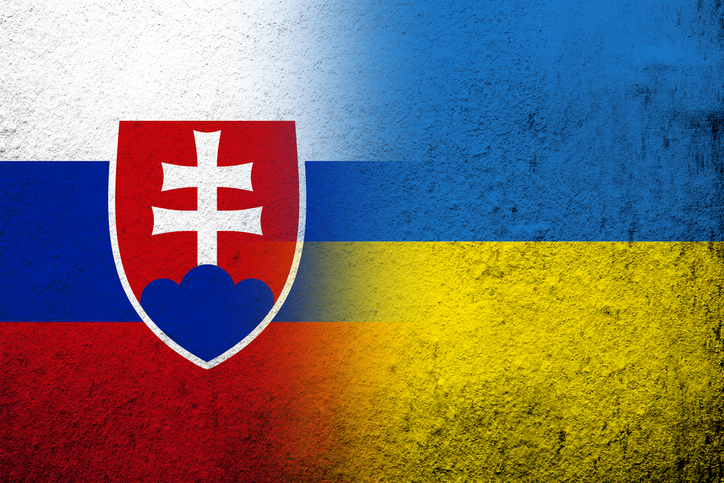Slovakia, Hungary criticise western values, halt support for Ukraine

Slovakia is the poor relation created when the former Czechoslovakia divided in 1993 into the Czech and Slovak Republics. The Czech Republic has hewn closely to EU and NATO policies over Ukraine. But despite NATO membership the Slovak Republic has decided to go its own way. It will halt military aid to Ukraine. And its prime minister, Robert Fico, has now come out with a strong pro-Russian statement over the Ukraine conflict.
Fico begins by showing some understanding of the origins of the conflict: ‘The war in Ukraine has its roots already in 2014, and at the very beginning of the war in 2022 when the West did not allow the Ukrainians to conclude a ceasefire on at least two very promising occasions.’
He goes on to blast ‘today’s liberal demagoguery in defense of the West’s utterly failed strategy against Russia in Ukraine.’
He continues: ‘It is evident that the futile waste of human resources and money and the passage of time will not worsen Russia’s negotiating position. On the contrary, it will strengthen it, and in a few years the international community will also begin to organise a retreat when looking at the reality.’
As prime minister of a Slavic culture nation he concludes: ‘If I wish for something, it is for the Slavs to stop fighting each other for geopolitical reasons. I will no longer be subject to stupid liberal and progressive demagoguery that offends basic human justice and that will ultimately cause enormous harm.’
This rejection of what he calls ‘stupid liberal and progressive demagoguery’ finds an echo in the campaign by the Hungarian prime minister, Victor Orbán, against ‘mistaken’ Western values, the toleration of refugee immigration in particular.
Hungary continues to block NATO membership for Sweden, a prime target for conservative criticism over the dangers of refugee immigration. It did not block membership for Finland.
As early as 2015 Orban has also said ’I don’t want to live in a Europe that conducts a new Cold War against Russia and which makes the Europeans enemies of the Russians.’ Orban subscribes to the traditional and conservative Hungarian anti-Western nationalism that sees Hungary as a member of a Turkic cultural bloc extending eastward as far as Japan.
This linking of criticism of Western liberal values with opposition to the West’s war in Ukraine seems to find some support in other European far-Right political parties. It remains to be seen whether it will go any further.
Of note is that both Slovakia and Hungary have female presidents who support Ukraine.